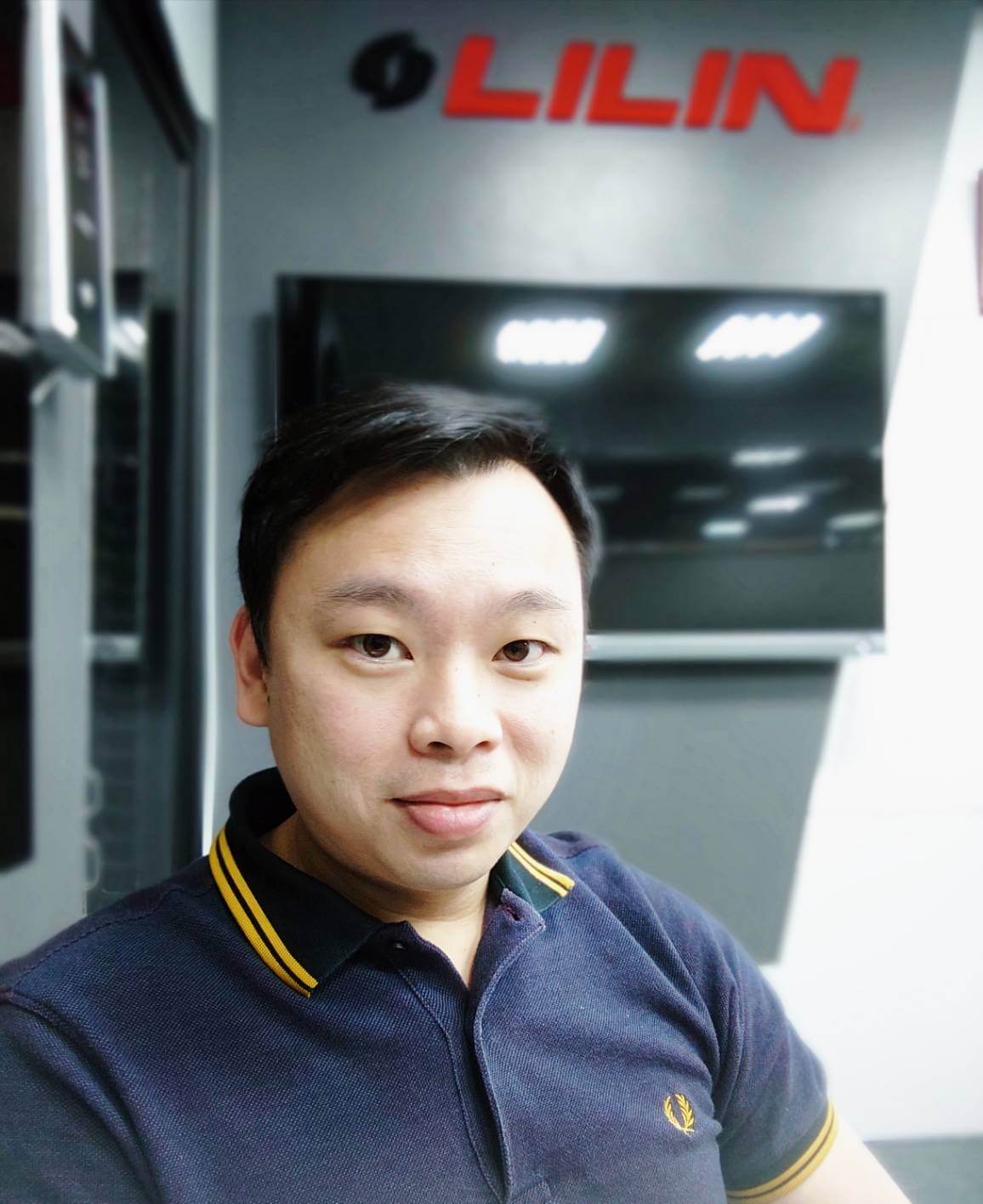In 2019, the current edition of the US National Defense Authorization Act (NDAA) officially took effect, providing opportunities for Taiwan companies who are NDAA-compliant and stand out in terms of technology, manufacturing and support.
In 2019, the current edition of the US National Defense Authorization Act (NDAA) officially took effect, providing opportunities for Taiwan companies who are NDAA-compliant and stand out in terms of technology, manufacturing and support.
The NDAA legislation, part of the broader ongoing trade dispute between the U.S. and China, bans US federal government agencies from using security products or components made by certain Chinese brands, including Hikvision, Dahua and Huawei, the last of which produces Hisilicon chipsets that are used in a wide variety of IP cameras today.
NDAA compliance
 Kevin Cheng, Senior
Kevin Cheng, Senior
Manager, Sales
and Marketing,
3S System Technology
NDAA has more or less caused a major shift in the global security landscape. Security players that previously used Hikvision, Dahua or Hisilicon or had products OEM’ed by them now source from elsewhere in order to sell in the U.S. This situation, then, favors certain Taiwan security companies that are NDAA-compliant: They manufacture fully in Taiwan – with no aforementioned Chinese companies OEMing for them – and use SoCs that are non-Hisilicon.
“Since the U.S.-China trade war began, many US distributors/importers have started to look for alternatives other than Chinese solutions. AVTECH offers fully made-in-Taiwan SoC solutions for OEM/ODM services including hardware, software and even mobile app,” said Danny Chen, Product Director at
AVTECH.
“We are committed to providing NDAA Section 889-compliant products and do not have OEM, ODM and JDM relationships with the named vendors in the NDAA. Specific VIVOTEK cameras and network video recorders (NVRs), which do not use or deploy critical components including SoCs produced by NDAA-banned component vendors, are compliant with the NDAA,” said David Liu, President of
VIVOTEK USA.
According to these Taiwanese companies, they use SoCs from either U.S., Japan or Taiwan. “Our SoC solution supplier is Novatek, which is our strategic partner to supply made-in-Taiwan SoC solutions to AVTECH only,” Chen said.
“All our IP cameras are NDAA-compliant, using Ambarella solutions and Sony sensors. The NVR400/1400 series use the Trident SoC,” said Rex Hsu, Director of Global Business at
LILIN.
“We provide more than 150 different camera models that contain SoC components from very respected and accepted global brands from Taiwan (ACTi-owned SoC), Japan (Sony SoC) and the U.S. (Ambarella SoC),” said Juber Chu, CEO of
ACTi. “ACTi was one of the first IP camera manufacturers providing such transparent information about their cameras, and recently several other IP camera manufacturers have started to follow this good practice.”
 Juber Chu, CEO, ACTi
Juber Chu, CEO, ACTi
One of the major advantages of Taiwan-made SoCs is they not only excel in quality but are also fully cyber-secure.
“There’s no need to mention how extraordinary Taiwan is when it comes to chip development. Taiwanese SoC solutions are nothing short of Chinese SoC solutions in design and development. Beyond that, Taiwanese SoC solutions do ensure well protection to personal data and against cyberattacks. All communication is secured and no embedded backdoors should be worried,” Chen said. “We’re also certified by TAICS to prove that our products are secured from cyberattacks and no backdoors are embedded to ensure the secrecy of data transmission.”
“The advantage of Taiwanese SoC solution is cybersecurity as Taiwan is one of the world’s largest Integrated Circuit (IC) design centers. ACTi has designed its own SoC, named A1. Having the in-house designed SoC, it is possible to fully control the highest standard of cybersecurity,” Chu said.
Since these Taiwanese companies are NDAA-compliant offering cyber-secure products, they can be ideal partners in US government projects or key projects that are linked to the government. “This year, Taiwanese companies have gained the competitive edge of being able to work on government projects in the US,” Hsu said.
 Rex Hsu, Director,
Rex Hsu, Director,
Global Business, LILIN
“Now our technology is used to support value-added resellers and systems integrators in the US transportation sector,” said Kevin Cheng, Senior Manager for Sales and Marketing at
3S System Technology. “Transportation projects are related to the federal government, so NDAA compliant products are a must.”
Technology prowess
Yet Taiwan companies stand out not just on NDAA alone. Technology is also their strong point. Contrary to places like China, which is known for making standardized products in mass quantities, Taiwan vendors excel in vertical-driven, highly customized solutions to support end users in various unique and special projects. This is something that US partners may find beneficial.
“We provide lots of value-added features and project-based customizations, such as deep learning AI-based products, tailored for specific projects,” Chu said.
“Our advantage is that we’ve got years of project experiences and can provide solutions that address the needs of the market. This, coupled with our strong customization capability, allows us to meet customers’ unique demands and requirements in projects. This hugely differentiates us from certain Chinese companies which only provide standardized products,” Hsu said.
Taiwan manufacturing with local support
Taiwan manufacturers make their products in their Taiwan facilities which are known for strong quality control and assurance practices. “In terms of quality, we keep the defective rate at less than 0.3 percent. China on the other hand does the opposite; they either provide one-for-one exchanges or offer discounts of 1 to 2 percent; yet in the U.S. labor cost is high – the cost of exchanging products due to defects is pretty high,” Hsu said.
“We keep high quality and reliability as usual but provide competitive price, which makes AVTECH jump from the long global manufacturer list and get new customers’ attention,” Chen said.
It’s important to note that these companies’ supply chain is either in Taiwan or in places close to Taiwan to ensure speedy time-to-market. Further, most of them have localized support in the U.S. to deliver the necessary assistance and service when needed.
“We set up a US-based operation to provide in-house designed end-to-end IP surveillance solution so partners in North America can have the flexibility to purchase VIVOTEK branded products from there,” Liu said.
Indeed, Taiwan security companies offer a variety of NDAA-compliant products that are highly secure and highly reliable, suitable for various US segments including government. In the midst of the trade dispute, Western brands as well as US end users seeking to source from elsewhere may consider Taiwan companies, which are capable of meeting their NDAA compliance needs.